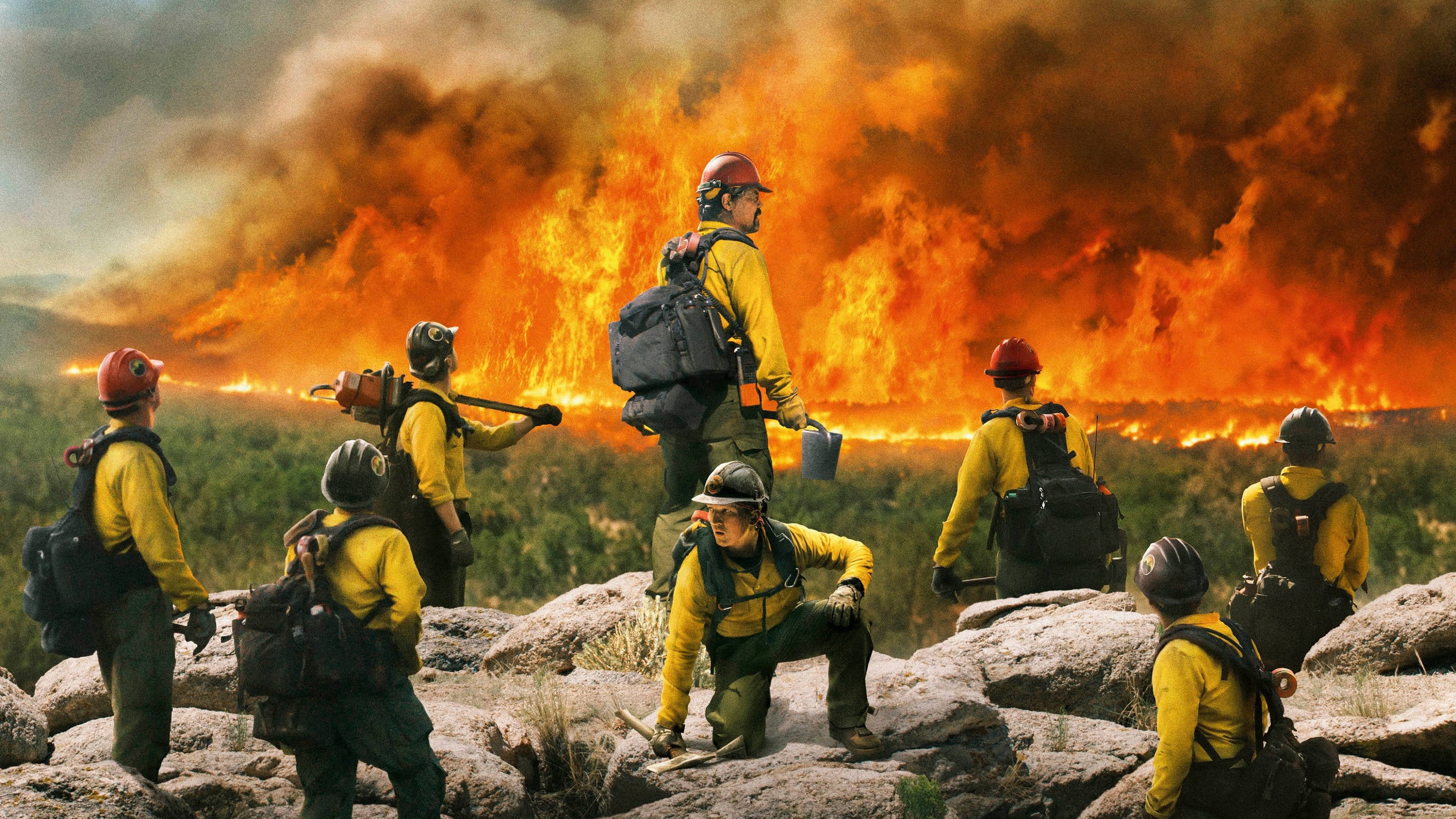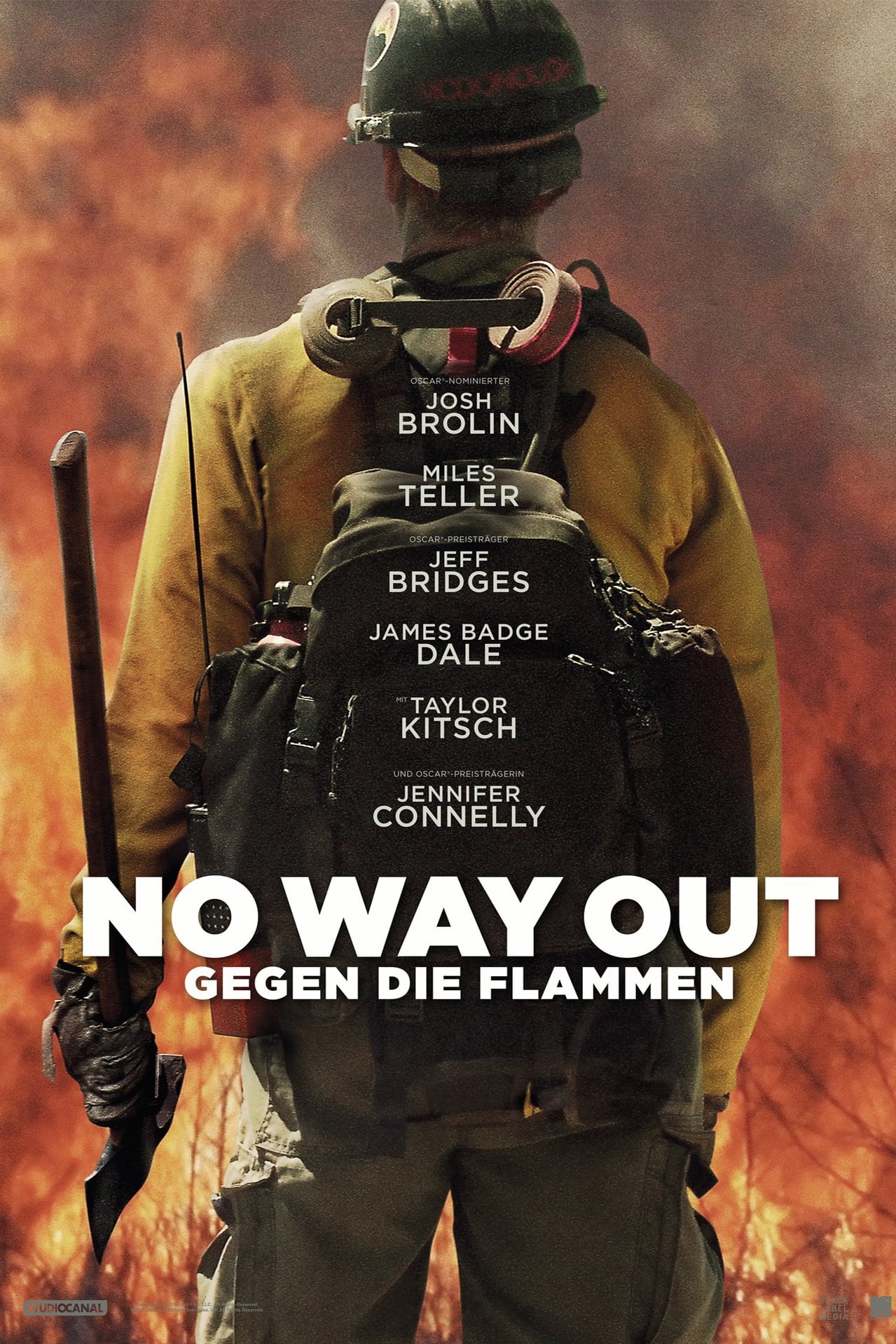

Nishikawa also "goes small" with his characters. The result for the viewer is as it is for the characters - an exhausted embrace of the story's pauses. Each battle is realistically chaotic without wide shots and multiple angles to give viewers their bearings. Working with a limited budget and an abbreviated shooting schedule, Nishikawa wisely chose to "go small" with his shots. Nishikawa's moral is an old one: the release of the past brings healing for the future, but it is especially poignant given that so few of that generation remain. Through the Bruyeres battle and the five bloody days of desperate fighting it takes to break through the German line and rescue the 141st, Nishikawa uses Sergeant Takata as a metaphor for the quiet and proud generation of Japanese-Americans who endured life in the relocation camps, who fought in battle and who kept up the home front, but who have mostly held onto their stories.

As they die, Takata also becomes a walking repository of their mementos: a signature pair of eyeglasses, a photograph of children, an engagement ring never given. After a receiving a head wound, Sergeant Jimmy Takata (played by the film's writer and director, Lane Nishikawa) begins to "see" the memories of his dying troops. The movie opens during the battle for the town of Bruyeres, France. "Only The Brave" is a fictionalized account of the 100th/442nd's most famous success: the October 1944 rescue of the "Lost Battalion", the all-white "Texas" 141st, trapped behind enemy lines deep within the Vosges Mountains of France. Containing Japanese-American volunteers from Hawaii and, remarkably, from out of the mainland interment camps, the 100th/442nd was sent to Europe. In February of 1943, the ban on Japanese in the military was lifted and the 100th Battalion 442nd Regimental Combat Team was formed.

military to uproot thousands of West Coast Japanese and Japanese-Americans and ship them to inland interment camps. Roosevelt signed Executive Order 9066, permitting the U.S. On December 7 1941, the Imperial Japanese Navy raided Hawaii's Pearl Harbor and decimated the United States Navy's Pacific battleships.


 0 kommentar(er)
0 kommentar(er)
